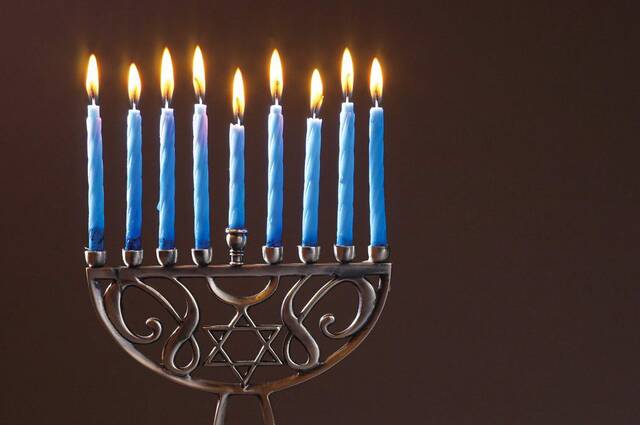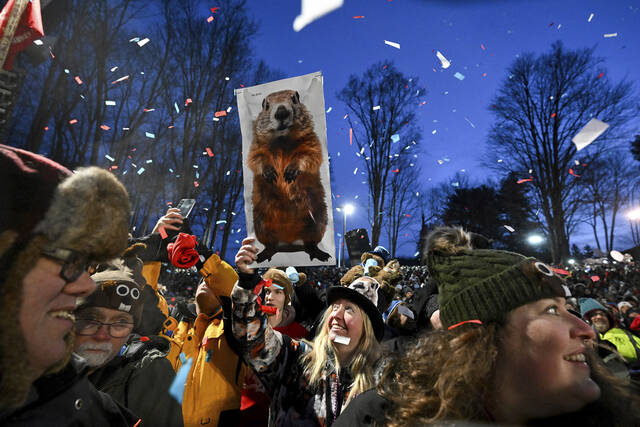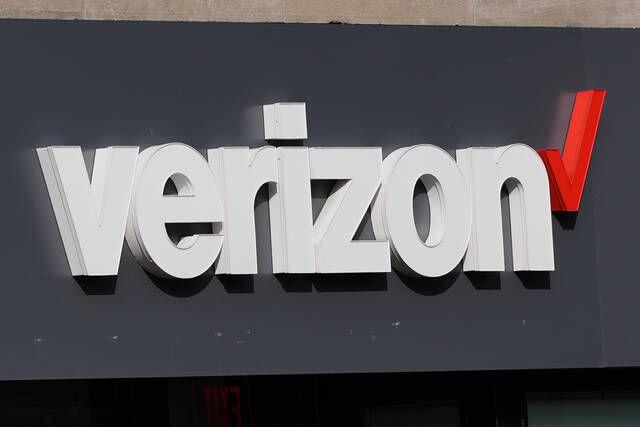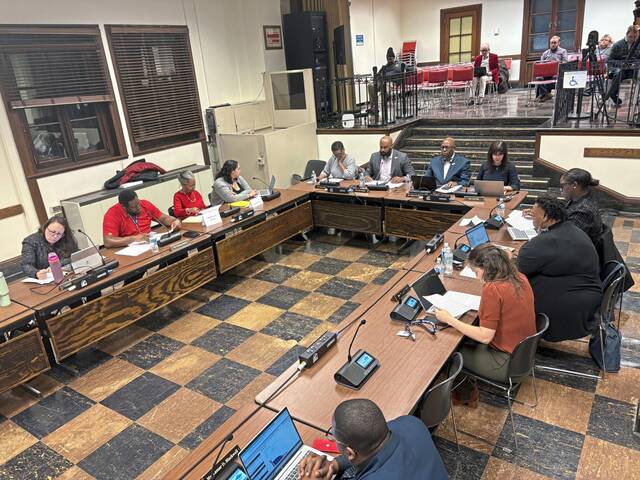Today, Jews throughout the Pittsburgh region, and around the world, gather to celebrate the first night of Hanukkah. On this night, we light the Shamash, or the helper candle, to light every candle on the menorah, adding one every night to honor the eight days that a little vial of oil kept the light going in the Temple in Jerusalem. This miracle, as we tell it, is a testament to our ancestors’ plight to seek religious liberty under an oppressive and authoritarian regime.
Thousands of years later, we continue to light the menorah to remind ourselves of the fragility of freedom and the need to do our part to continue to bring light into darkness. This year, that little bit of light could not be more important. Today, thousands of commonwealth citizens are in danger of having their votes, and their voices, be disenfranchised. Without urgent intervention, Pennsylvania soon may have a new legislative map that denies equal representation to all our citizens.
Every 10 years, following the results of a newly reported census, the Legislative Reapportionment Commission is tasked with remapping legislative districts based around community borders. The census provides a unique guidepost to the racial and diverse makeup of our citizenry: The most recent data shows communities of color account for 27.5% of Pennsylvania’s total population.
In Allegheny County, the Asian and Pacific Islander, Latino and mixed-race populations have grown dramatically, while the African American population has held steady, and the white population has decreased.
In the Talmud, the rabbis taught that the mitzvah of Hanukkah, the commandment at the heart of the observance of the holiday, is a “candle for each man and his household.” Suffice it to say, every person and household are not currently represented in either our federal representation or in our state Legislature. To ensure proper equitability and to give every citizen and household a voice in our civic discourse, our maps will need to change.
The argument often is made that redistricting is a complicated process, The truth is, it’s not. In fact, we already have an outline of what a fair and equitable plan can look like: the People’s Maps. Written by Pennsylvania Voice and adopted by Fair Districts PA, these maps represent the contribution of more than 1,000 citizens, along with information from the census, that serve as a model map which represents real Pennsylvanians. These maps are based on the values of compactness, the respect for racial representation, keeping communities together and eliminating partisan bias.
By creating maps based on the true nature of our populations, we not only chip away at the injustice that is baked into our systems, but we allow new voices a chance to speak up and make change. That every person, no matter their race or economic status, should be counted as equals is a fundamental principle of both American democracy and Jewish and Christian values, for example: You stand this day, all of you, before the Lord your God — your tribal heads, your elders and your officials, all the men of Israel, your children, your wives, even the stranger within your camp, from woodchopper to waterdrawer — to enter into the covenant of the Lord your God … (Deut. 29:9-11).
In the next few years, our commonwealth will take major steps on everything from economic justice, the environment, education, housing, women’s health care, immigration, and police and criminal justice reform. It is imperative for us to solve these challenges together, but to do so we must ensure everyone in our communities has a truly representative seat at the table.
As the story of Hanukkah tells us, the Jews felt the need to rebel against the Hasmoneans because they were being disenfranchised; their voice and concerns were not being addressed. Now, it is upon each of us to learn from that lesson and do our part to uphold the basic tenant of our democracy: the right of each citizen to have their voice be heard and counted.
As we light each candle of the menorah this year, we can imagine that we ourselves are the Shamash; using our power each night to assist in aiding the light of others who need our help. Light is the only thing that can drive out darkness, and the time that our world is lit the brightest is when all members of our community are engaged and represented. Racially equitable maps give our commonwealth that chance to shine even brighter.
Rabbi Barbara AB Symons is rabbi of Temple David Congregation in Monroeville. Rabbi Aaron Bisno is the senior rabbi of Rodef Shalom Congregation in Squirrel Hill.







